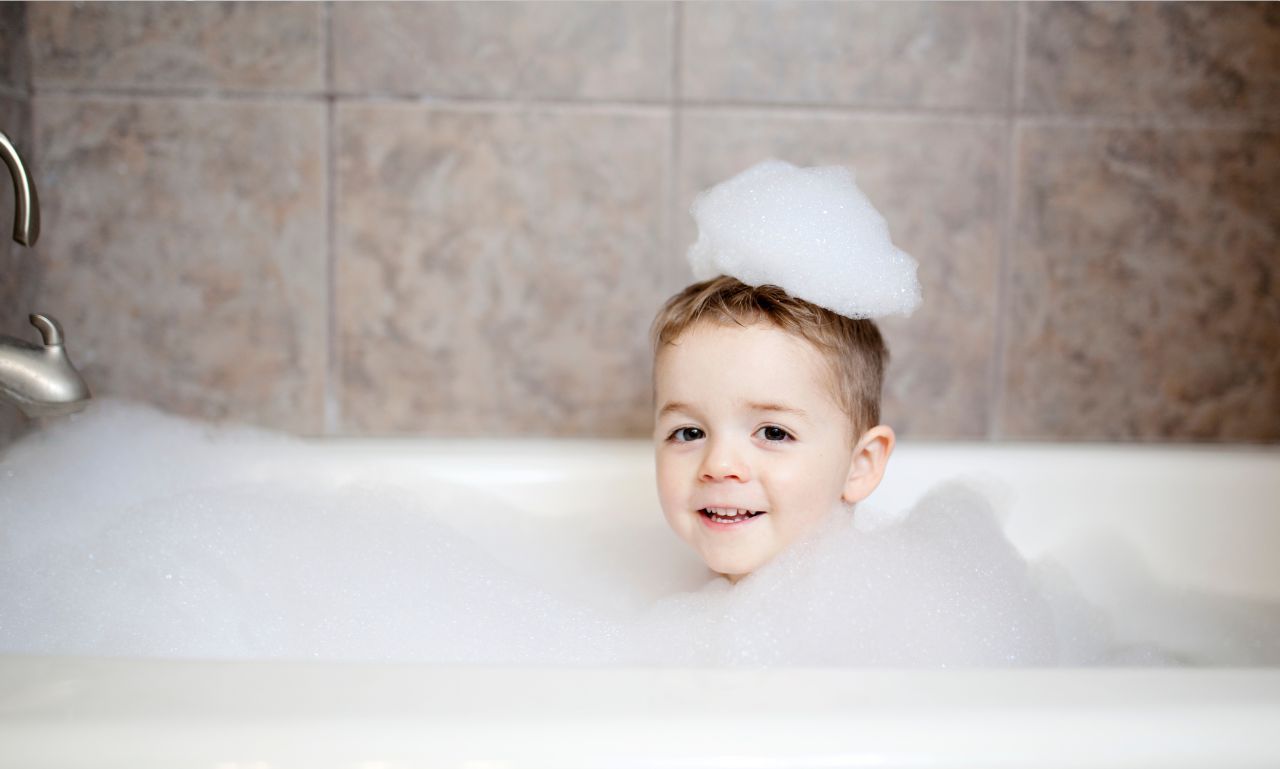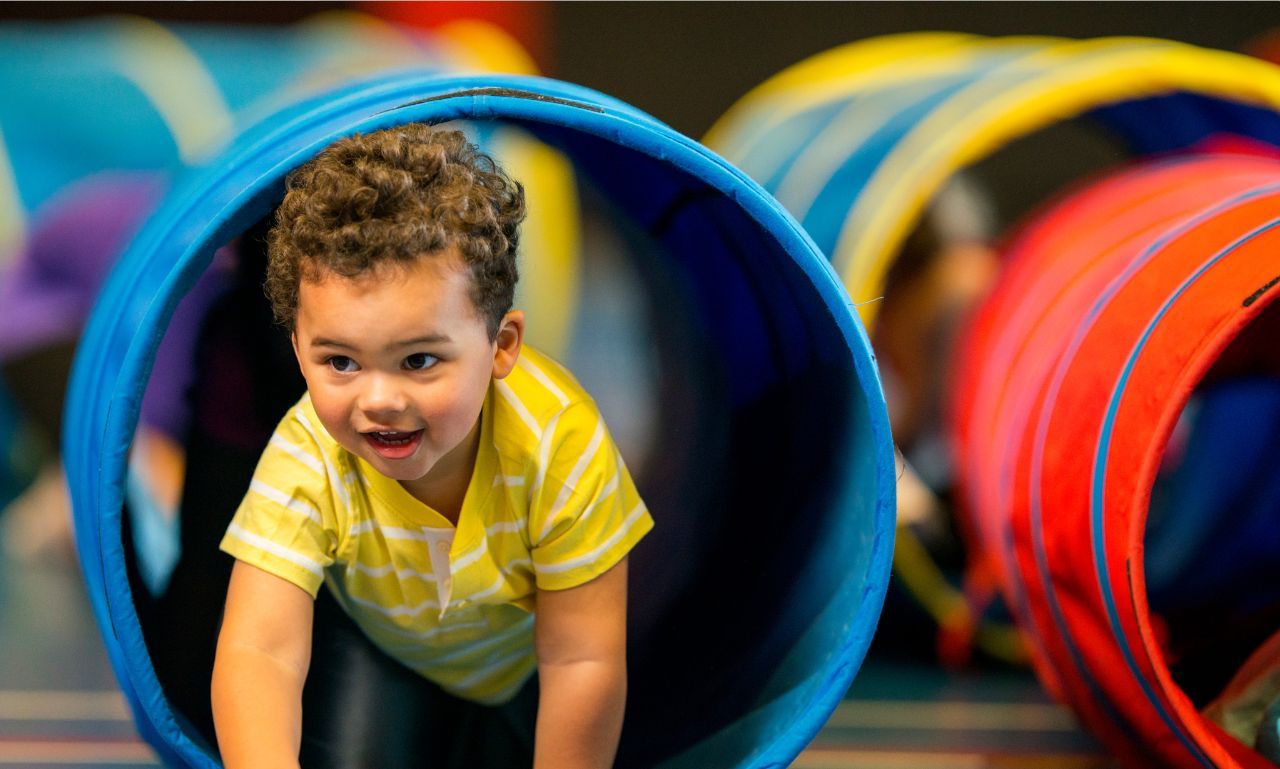As a parent, caregiver, or pediatric professional, delivering the best care to toddlers is a top priority. During these formative years, from ages 1 to 3, children undergo rapid physical, cognitive, and emotional development that lays the foundation for their future health and well-being. In this article, we'll explore the best practices for delivering exceptional care to toddlers.
What are the Physical Development Activities for Toddlers?
One of the cornerstones of caring for toddlers is supporting their physical development through age-appropriate activities. At this stage, children are eager to explore their surroundings, develop motor skills, and gain a sense of independence.
Gross Motor Skill Activities

Gross motor skills involve the larger muscles and whole-body movements. Toddlers need plenty of opportunities to practice these skills in a safe environment. Some great activities include:
- Dancing and moving to music
- Playing with soft balls (throwing, catching, kicking)
- Climbing on age-appropriate playground equipment
- Riding on push toys or trikes
- Crawling through tunnels or obstacle courses
The key is to make it fun and engaging. Toddlers have short attention spans, so mix it up and let them take the lead in choosing activities. Praise their efforts and celebrate milestones like taking first steps or mastering the stairs.
Fine Motor Skill Activities
Fine motor skills involve the smaller muscles, especially in the hands and fingers. Developing dexterity is essential for tasks like self-feeding, dressing, and, eventually, writing. Fun ways to practice fine motor skills include:
- Stacking blocks or connecting toys
- Stringing large beads
- Scribbling with crayons or chalk
- Playing with play dough or sensory bins
- Using child-safe utensils during meals
Again, the goal is to make it enjoyable and not feel like a chore. Let your toddler experiment with different textures, colors, and materials. Guide them when needed, but allow room for creativity and problem-solving.
Bedtime Routine Chart for Toddlers
A consistent bedtime routine helps signal to their bodies and minds that it's time to wind down and get ready for rest. Your bedtime routine chart might look something like this:
6:30 pm - Bath time 6:45 pm - Put on pajamas 7:00 pm - Brush teeth 7:10 pm - Read a bedtime story 7:20 pm - Sing a lullaby 7:30 pm - Goodnight kiss and lights out
Having a predictable sequence of events can be incredibly comforting and soothing for toddlers. It gives them a sense of security, knowing what to expect. Plus, it minimizes power struggles since the chart is directing the routine, not you!
Emotional Development in Toddlers 1-3 Years
In addition to physical growth, toddlers go through big emotional and social development changes. They're learning to recognize and express a wide range of feelings, from joy and excitement to frustration and fear.
Supporting Emotional Regulation
Toddlers often feel things intensely but lack the skills to manage big emotions on their own. That's where responsive, nurturing care comes in. We can support their emotional regulation by:
- Acknowledging and validating their feelings
- Offering comfort and reassurance
- Modeling calm behavior ourselves
- Providing safe ways to express emotions, like pounding play dough when mad
- Teaching simple calming techniques, like taking deep breaths or counting to three
When toddlers feel understood and supported, they're better able to cope with challenges and develop positive self-esteem. It's not about fixing every problem but instead being a steady, loving presence they can count on.
Encouraging Positive Social Interactions
Toddlers are also navigating the complexities of social relationships, whether with family, friends or in childcare settings. They're learning crucial skills like sharing, turn-taking, and cooperation.
We can encourage positive social interactions by:
- Setting a good example in our own relationships
- Arranging playdates or enrolling in group activities
- Praising kindness and generosity
- Gently coaching through conflicts, like suggesting to take turns with a toy
- Reading books about friendship and emotions
Remember, social skills take time and practice. Toddlers will have missteps and need many reminders. The key is to remain patient, consistent, and encouraging as they learn and grow.
Safe Bubble Bath for Toddlers
Tips for a Fun and Safe Bath Time

- Use mild, tear-free soap/bubbles to avoid irritating eyes
- Keep water shallow and maintain constant supervision
- Make it playful with tub toys and waterproof books
- Have a soft towel and snuggly pajamas ready
Songs for Toddlers
Toddler-Friendly Tunes for Learning and Joy
Music is an excellent way to engage toddlers' minds and bring lots of smiles. Some classics include:
- "The Wheels on the Bus"
- "Twinkle, Twinkle Little Star"
- "Itsy Bitsy Spider"
- "If You're Happy and You Know It"
- "Baa Baa Black Sheep"
Educational Toys for Toddlers
Top Picks for Stimulating Play
- Shape sorters: Learn shapes and problem-solving
- Blocks: Build creativity and motor skills
- Pretend play sets: Encourage imagination and social skills
- Puzzles: Promote cognitive development and fine motor strength
- Art supplies: Inspire self-expression and sensory exploration
Fostering Independence
It's instinctive to want to do everything for our toddlers, but encouraging their budding independence is a vital part of positive development. Look for small, safe opportunities for them to practice self-help skills and contribute to routines.
Some ideas:
- Let them pick between two outfit choices in the morning
- Teach them to put dirty clothes in the hamper
- Have them assist with simple chores like putting toys in the bin
- Allow extra time for them to feed themselves or attempt shoe-tying
Offer guidance and assistance as needed, but let them take the lead whenever possible. Praise their efforts with specific encouragement, such as "You worked so hard to get your socks on!"
Fostering independence helps toddlers develop confidence, resilience, and a can-do attitude that will serve them well in school and beyond.
Nutrition and Health
Proper nutrition and preventive health measures are also essential to delivering excellent care to toddlers. Their growing bodies need a balanced diet rich in vitamins, minerals, and healthy fats to support brain development, strong bones, and a robust immune system.
Healthy Eating Habits for Toddlers
- Offer a colorful variety of fruits and veggies
- Choose whole grains over refined carbs
- Include protein sources like eggs, yogurt, beans, and lean meats
- Limit added sugars and processed snacks
- Model healthy eating yourself and eat together as a family
Remember, it can take many exposures to a new food before a toddler accepts it. Keep mealtimes positive and pressure-free. Encourage them to listen to their hunger and fullness cues.
Staying on Top of Checkups and Immunizations
Regular visits to the pediatrician are crucial for monitoring growth, addressing any developmental concerns, and staying current on immunizations. Don't hesitate to voice any questions or issues you're noticing at home.
Keep a calendar of your toddler's checkup schedule and set reminders so wellness visits don't get missed in the busyness of daily life. Your pediatrician is your partner and advocate in your child's health. Together you can catch and treat any problems early, while tracking all the amazing strides your toddler is making!
Creating a Safe and Stimulating Environment

Lastly, delivering top-notch care to toddlers means cultivating a home environment that is both physically safe and intellectually stimulating.
Toddler-Proofing Basics
- Secure furniture that could tip over, like bookcases or dressers
- Cover electrical outlets and hide cords
- Install safety gates near stairs and off-limits areas
- Keep hazardous items out of reach, including medicines, cleaning agents, and choking hazards
- Ensure smoke and carbon monoxide detectors are in working order
Designing Enriching Spaces
- Set up a cosy reading nook with accessible books
- Create stations for different kinds of play: blocks, pretend, sensory, art, and music.
- Rotate toys and activities to keep things interesting
- Display their artwork and projects with pride
- Bring nature inside with child-safe plants and natural materials
An organized but inviting space encourages exploration, imagination, and independent play. It shows your toddler that you value their interests and creations!
Conclusion
Caring for toddlers requires an art and science blend, in equal measure, of patience, creativity, and expertise. In focusing on areas that are very germane to the child's physical development, emotional regulation, nutrition, and safety, caregivers can thus ensure an enabling environment for overall growth and well-being. Remember, each toddler is unique in his needs, preferences, and personality. The best approach would be one of flexibility, responsiveness, and the foundation of love and respect for a child as an entirety.
Also Read: Best Kindergarten Homeschool Curriculum




